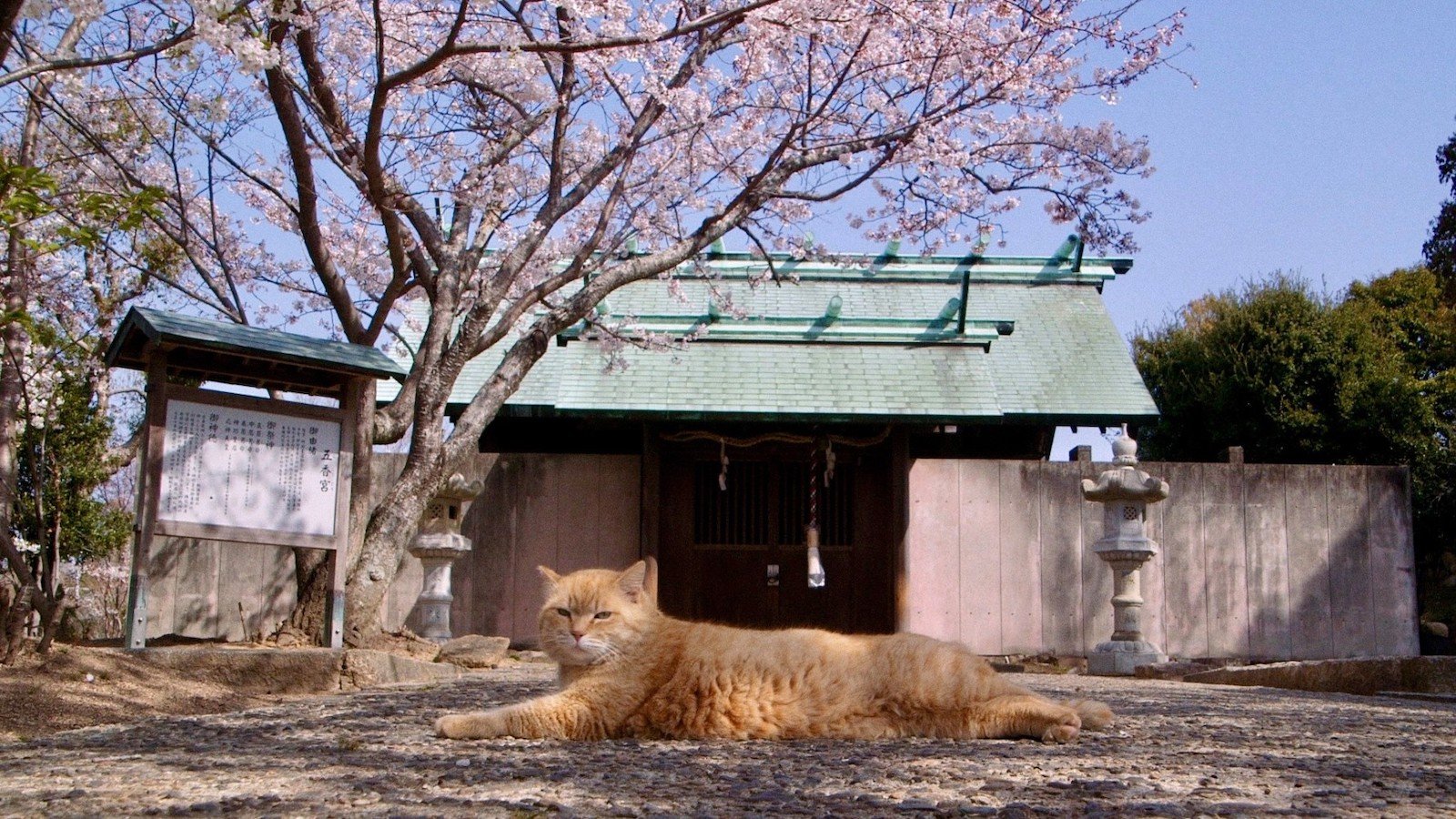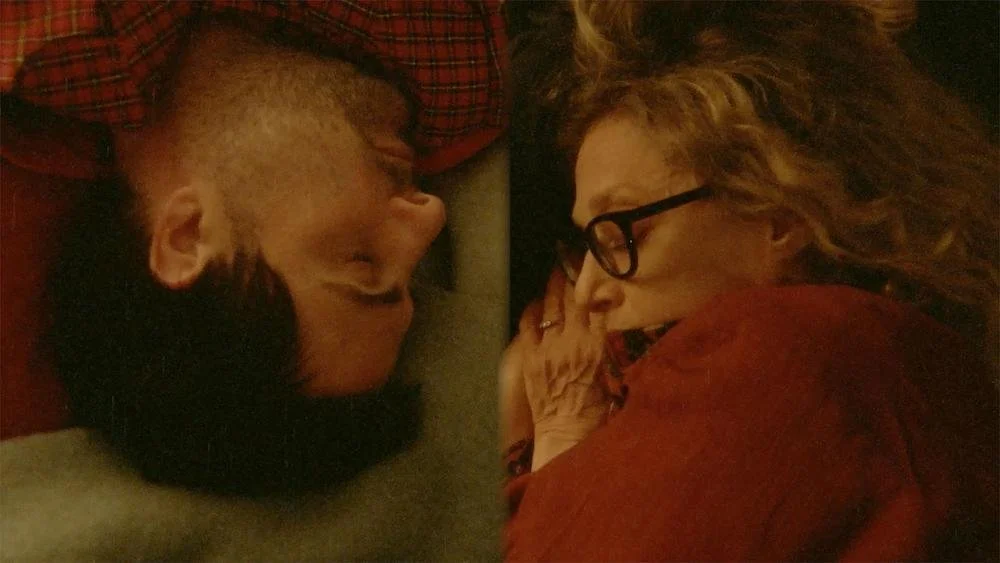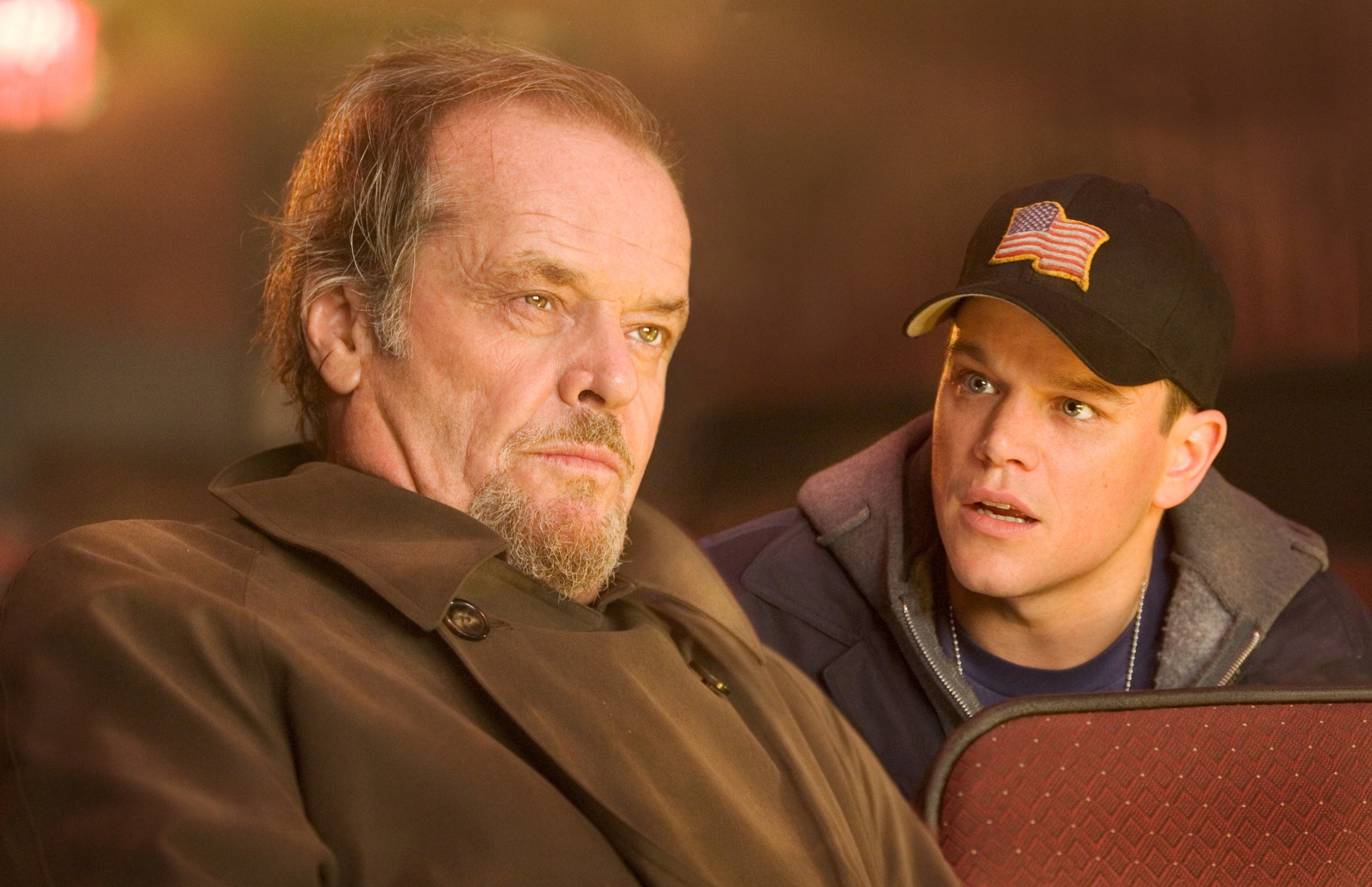With the Competition titles still to be announced, the Berlin Film Festival is already showing some great bridge building colors, as well as panache, good taste and humor. And a film that starts out being about cats, but turns into so much more...
On Monday, the Berlinale announced about 20 titles for its out of competition Berlinale Special program. Among those titles, the highly anticipated Shikun by Israeli auteur Amos Gitai. If one man could be elected to help us achieve world peace, through dialogue and culture, it would be Gitai. I’ve already written at length about his film, which I have yet to watch and will do at the official premiere, among the ticket buying public. I want to see their reaction to this groundbreaking film.
Edited on1/18: On Thursday, the Berlinale announced their opening film, Small Things Like These starring Cillian Murphy, Eileen Walsh, Michelle Fairley and Emily Watson. The film is an Irish-Belgian production, directed by Tim Mielants from a screenplay by Enda Walsh. Its story “reveals truths about Ireland's Magdalen laundries – horrific asylums run by Roman Catholic institutions from the 1820s until 1996, ostensibly to reform ‘fallen young women’,” as the Berlinale release states.
Cillian Murphy in ‘Small Things Like These’ by Tim Mielants © Shane O’Connor
This year’s Forum program is under new section head Barbara Wurm, and features Holy Week by Andrei Cohn, a Romanian/Swiss film which offers a study into the psychology of violence. Cohn’s work makes outstandingly intelligent use of depth of field and conveys a great deal about anti-Semitism, according to the Berlinale release.
In the Belly of a Tiger by Siddartha Jatla is a title hailing from India, featuring an old couple, struggling with their farm’s debts, where the husband will make a desperate last act to save his family. But the film also has a twist, something unexpected which makes the story “mythological, expressionistic and deeply moving,” according to the Berlinale synopsis.
In Shahid, Narges Shahid Kalhor “is a director seeking to be rid of the “Shahid” (martyrs), who are too heavy a burden. From Bavarian bureaucracy and therapy to dancing with Iran’s past generations and their long shadows, she twirls through a heady autofiction,” according to the film’s Berlinale synopsis.
Two impressive documentaries, both world premiering in Berlin, are Gokogu no Neko (The Cats of Gokogu Shrine) by Kazuhiro Soda and Henry Fonda for President by Alexander Horwath and together form important pillars of the selection.
Panorama’s press release opened with the following words:
“The world around us is shaped by global crises, wars and social divisions. Communication and language are becoming restricted and coarsened. The filmmakers in this year’s Panorama programme use their stories to send an audible and, above all, visible signal of protest against these developments. “Essentially, it’s about communicating experiences and realities of life, history, understanding and empathy. Whether rigorously stark and unadorned or innovative in image, structure and across all filmmaking crafts: the films in this year’s programme express their attitudes in many voices, building bridges between lived experiences and cinematic possibilities that inspire us to look to the future”, says section head Michael Stütz.”
It’s exciting to see my new BFF, just kidding of course (or am I?) Isabelle Huppert in the lineup with Les gens d’à côté (My New Friends) by French master André Téchiné. La Huppert plays the leading role, in a film focusing on neighbours with opposing world views who risk taking significant steps towards conciliation.
‘Between the Temples’ by Nathan Silver, photo courtesy of Ley Line Entertainment and Fusion Entertainment
In Between the Temples, Nathan Silver plunges the Jewish cantor Ben into a severe and existential crisis of faith. Jason Schwartzman, a frequent Wes Anderson collaborator and wonderfully underrated actor plays the role of the cantor, joined by veteran actress Carol Kane to lead the film’s cast with chaotic humour and a large dose of humanity.
For the two main works from the MENA in the Panorama lineup, I’ll let the Berlinale press release introduce them:
“Two works of activism from the Middle East are important humanistic and political records of our time: No Other Land by Basel Adra, Hamdan Ballal, Yuval Abraham and Rachel Szor takes us to Masafer Yatta in the West Bank. The documentary focuses on the Israeli-Palestinian friendship of co-directors Adra and Abraham as they fight together against the forced displacement of the Palestinian civilian population by the Israeli military. The film is a plea for human rights and self-determination in the hope for a peaceful future. In Diaries from Lebanon, Myriam El Hajj follows three generations in their quest to rewrite Lebanon’s national narrative. This urgent portrait of a crisis-ridden country and its courageous population is an expression of its anger against a corrupt and entrenched political elite.”
‘Brief History of a Family’ by Lin Jianjie, photo courtesy of First Light Films
One film which is near and dear to my heart is Jia ting jian shi (Brief History of a Family) by Lin Jianjie — JJ for short. I rewatched it at a press screening and this is one mind-blowing piece of cinema. The self assuredness of this young filmmaker — this is his debut film and will world premiere at Sundance — is something to behold as he takes the audience into a thriller, slash character study of a family and the young man who insinuates himself into their lives.
In the Berlinale Special line up, apart from Gitai’s film, standouts for me include Love Lies Bleeding by Rose Glass and featuring Kristen Stewart, in an electric love story where muscle and femininity go hand in hand.
Jack Nicholson, Matt Damon in ‘The Departed’ by Martin Scorsese © 2024 Warner Bros. Ent. All Rights Reserved
In Made in England: The Films of Powell and Pressburger, this year’s Honorary Golden Bear recipient Martin Scorsese narrates an extensive tribute to Powell and Pressburger. Scorsese’s The Departed starring Matt Damon and Jack Nicholson will also screen as a tribute to the legendary, Oscar-winning filmmaker, who will be in Berlin to accept his prize.
For more info and to see all the titles, check out the Berlinale website.
Images used with permission of the Berlinale.




